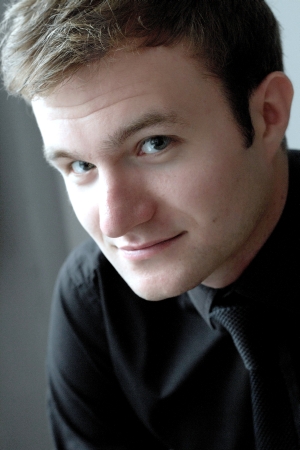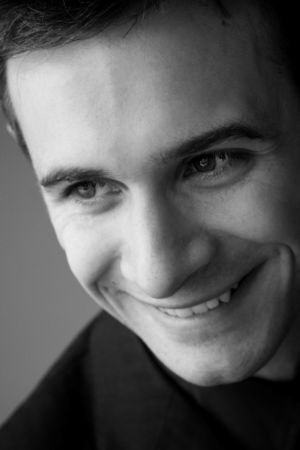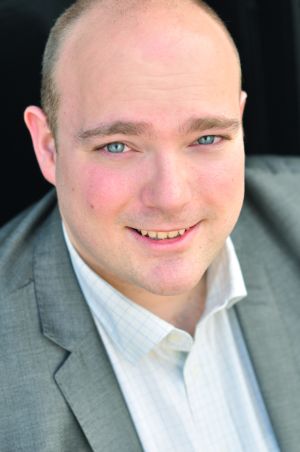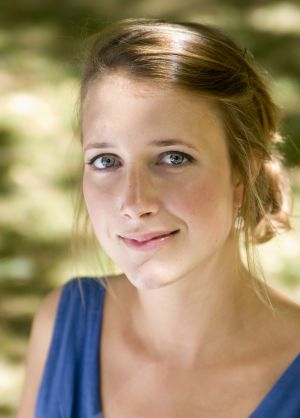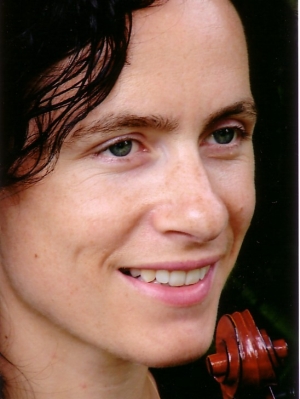7.30pm, Saturday 9 March 2013 – St Nicholas Church, Sevenoaks
Review of concert by Graeme Fife
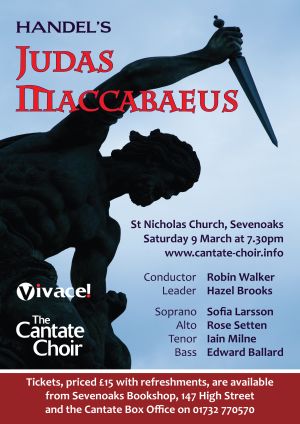
In its day, Judas Maccabaeus was one of the most popular of all Handel’s Oratorios. Based on earlier events from BC it honoured the Duke of Cumberland’s bloody suppression of and brutal vengeance on the second great Jacobite rebellion. Handel’s score mingles passionate mourning, pious gratitude to the heroic defenders of the nation, ardent apostrophe of liberty, triumphant hymn and fanfare. In this story of a captive people fighting against the oppressor to win freedom, neither chorus nor soloists need to be other than voices raised at both ends of the emotional scale: grief and joy. The music throughout explores the gamut between both extremes and luscious dynamic variation and rhythm supply the means.
The homely drift of instrumentalists weaving through the seats to start the concert, duvet jackets against the cold, instrument cases slung over the shoulder, gave a friendly, turn-up-and-play atmosphere of a local festival. Once launched, however, utterly professional. And thrilling. The hushed piano of the chorus’s first entry, a tricky moment for any company, was sublime.
The chorus did take time to find its best voice and, if I have any quibble, it is with the tempo and shaping of their first contributions. Handel’s sobbing motif, underscoring the grief, the lamentation, needed a better defined dotted measure. This risks sounding mannered, but getting used to the way Handel pins the emotional tone with the faint, repeated stress, absorbing the technique until it comes naturally, is vital. I felt that chorus and orchestra, both, were not yet finding that pulse, although this may well be the fault of a quite unkind acoustic. And, important to say, the slight apprehension that grips before such a big sing as this is. A while to get into stride? For sure, but as the evening progressed their dynamism, articulation and vitality grew.
The soloists were wonderful, the balance between Soprano Sofia Larrson and Alto Rose Setten in their duets slightly skewed in Larsson’s favour, but their interpretation, lovely musicianship, eager projection and subtle shifts of dynamic were entirely delicious. So, too, Bass Edward Ballard, with a rolled ‘r’ worthy of an Andalusian gitano, and Tenor Iaian Milne, the timbre of a high French tenor, both engaging the listeners with a tiger’s eye. All four soloists imparted an excellent shading of the dramatic narrative, the subtle shifts of mood, a growing determination that victory could be pursued and won, and then the celebration of victory. They came to the fore with energy and verve, most importantly, looking into the audience, every face, speaking to each one. Eye contact is vital.
The Cantate know this, too, by and large… They are an exceptionally well-disciplined choir, from getting to their feet in unison with minimum disruption of proceedings to singing the full value of the notes, especially at the conclusion of a phrase (not many outfits do that). Where they wobbled on one occasion it took only two bars or so for them to recover. This takes well-drilled craft, fine articulation and, it must be said, nerve in their conductor, Robin Walker, who did not flinch. Chapeau.
Walker directed from the harpsichord, that in itself as strong an indicator of this group’s burgeoning stature and self-confidence. Given the subaudition that the word amateur carries – “not quite top drawer, don’t you know?” – I would prefer to call them unpaid, for Walker has made this outfit very top drawer. He, himself, has an engaging enthusiasm and composure at the epicentre of both music and musical forces, a nice sensitivity in drawing out the possibilities of Handel’s gloriously varied and complex musical adventure in this oratorio. I remark, especially, the glorious rendering of the piece’s big tune ‘O lovely peace’. Marked Allegro, the mistake is to take it too quickly. Allegro is, in fact, most often a marking suggestive of tone rather than tempo and here it swung with seductive power, evoking the dance that it is, here a joyous galliard. ‘Come ever-smiling Liberty’ did not have quite the same sensuous lilt. Face it, Handel’s music can be unashamedly sexy and whilst the earlier aria is about his Judas paying manly court to the damsel, Freedom, not Vivaldi’s Juditha giving Holofernes the come-on, an equal smouldering allure is there.
There was so much to enjoy in this evening of wonderful music so generously performed. I single out the air and chorus towards the end ‘Sound the alarm’ which really jumped when the brass joined and lifted the choir to a terrific deep-felt passionate intensity.
The collaboration between Cantate and Vivace began a while ago and is maturing with most pleasing effect: top-notch singers and players brought together to make music and make it look and sound as if they are enjoying the whole experience immensely. Consider how much of a task it is to bring together band and vocalists together for a brief interlude on the afternoon of the concert, to put everything together and then perform…this demands enormous self-assurance and, yes, discipline, preparation, to be there, on the button, ready to reproduce what has been pored over in rehearsal. Any reasonable ensemble can trot out the notes. Turning them into music is another thing entirely.
Sevenoaks is lucky, indeed, to be able to pitch up to a concert of this quality. A very costly concert, too. It needs to be said: the Cantate people really do put themselves on the line to fund such an outlay. They need to raise money at their other more intimate concerts to subvent the grander annual splash-out. That takes courage and commitment. In the words of the splendid final flourish of the piece, I say, let us all say: ‘Hallelujah. Amen.’
Underpinning just how the whole evening coalesced into a fine elation of voice and sound all the way through the second half, I noted the flautist, sitting rather sorrowfully inactive during the last blast, lost amid the players sawing and blowing, herself absent from the score but surely longing to join in. Instead? Wall-flowered, excluded from the crowning burst of harmonious fun.
